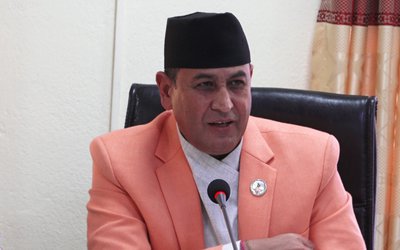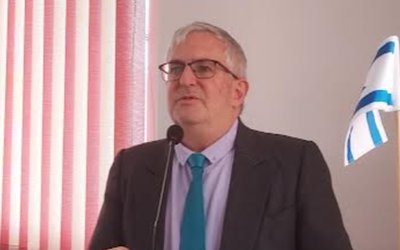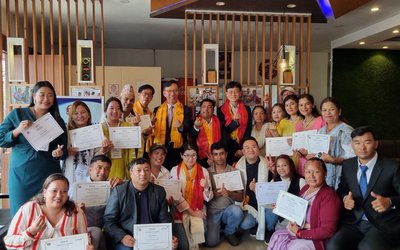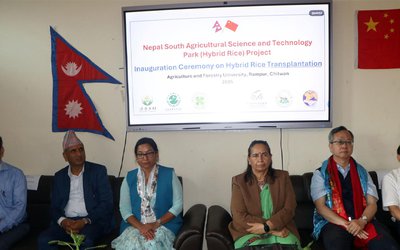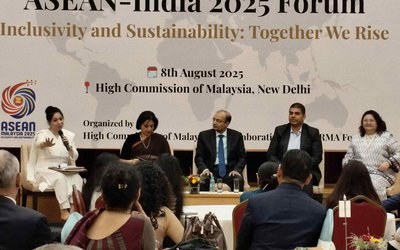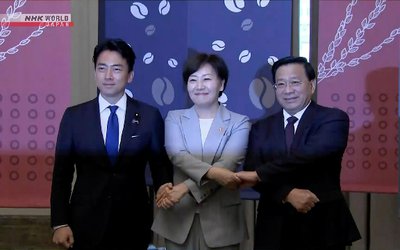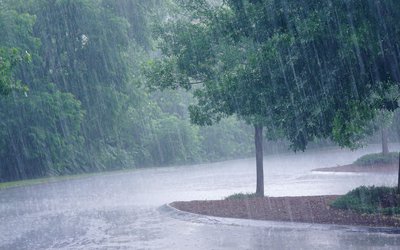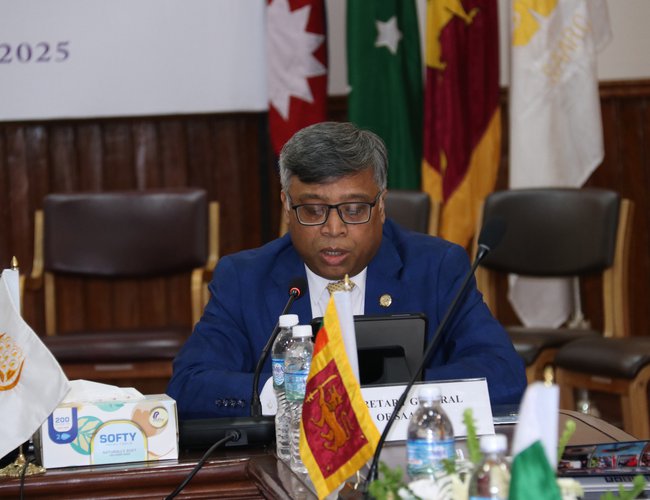
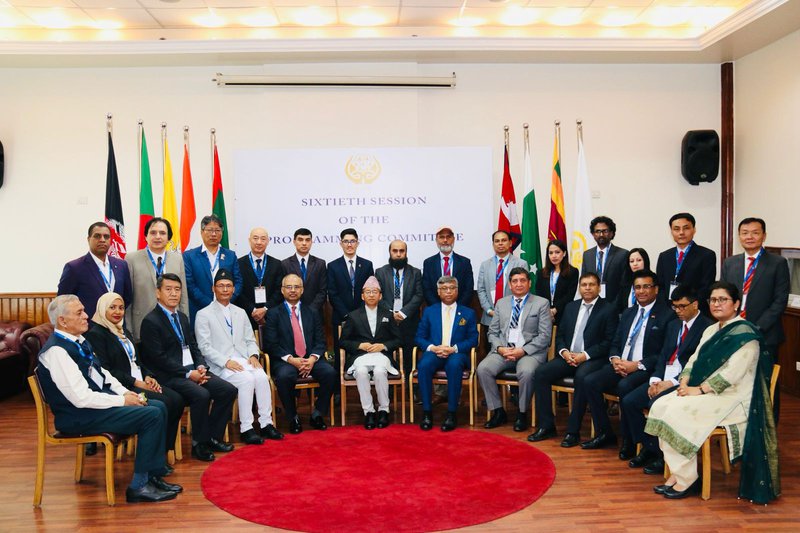
The 60th Session of the Programming Committee of the South Asian Association for Regional Cooperation (SAARC) commenced today at the SAARC Secretariat in Kathmandu, Nepal. The three-day meeting, held from 28 to 30 April 2025, brings together distinguished delegates from the Member States, Heads of SAARC Specialized Bodies and Regional Centres, as well as senior officials from the Secretariat.
The SAARC Programming Committee meeting is being held under the Chairmanship of Nepal and is attended by the National Focal Points of the SAARC member states at the level of Joint Secretary/ Director General of the Ministries of Foreign/External Affairs of Bangladesh, Bhutan, India, Maldives, Nepal, Pakistan and Sri Lanka.
The Session was inaugurated by H.E. Mr. Amrit Bahadur Rai, Foreign Secretary of Nepal and Chair of the SAARC Standing Committee. In his inaugural address, Foreign Secretary Mr. Rai emphasized the urgent need to revitalize SAARC mechanisms and deepen regional cooperation, reaffirming Nepal’s steadfast commitment to the SAARC Charter and its objectives. He underlined the importance of convening the Nineteenth SAARC Summit and other core mechanisms to restore momentum in regional process.
In his welcome remarks, Md. Golam Sarwar, Secretary General of SAARC, thanked the Chair, the Government of Nepal, and the Member States for their steadfast support. He underlined the vital role of the Programming Committee as an "Engine Room" for SAARC process and called for renewed efforts to address emerging regional and global challenges through integrated actions. Stressing the need to revitalize the SAARC, he urged Member States to engage constructively to restore high-level engagements leading to the SAARC Summit.
The Secretary General inspired SAARC delegates to approach the Session with steadfast ambition and, reminding them that regional cooperation is not just about dialogue, but about co-creating a better and sustainable future for the peoples of South Asia.
During the Session, the Committee is deliberating on a wide range of important issues, including reviewing the status of implementation of previous decisions, considering and approving budgets and programmes for the SAARC Secretariat, Specialized Bodies, and Regional Centres for 2025, examining reports from key SAARC entities, and assessing progress in areas such as food security, economic cooperation, trade, energy, climate change, health, education, poverty alleviation, and social development. The Committee is also addressing matters related to the convening of future SAARC meetings and endorsing the SAARC Calendar of Activities for 2025.
- High Commission of Malaysia and KARMA Foundation jointly hosted the ASEAN–India 2025 Forum
- Aug 12, 2025
- Khatriwada Announces Resigns From the rostrum saying he was poisoned by something he never consumed
- Aug 12, 2025
- Nepal, China Ties Is Unique
- Aug 12, 2025
- Weather Forecast: Generally Cloudy Across The Country With Moderate Rainfall In Many Places
- Aug 12, 2025
- Foreign Minister Rana: Will Take Initiative for Nepalgunj–New Delhi Direct Flight
- Aug 11, 2025
